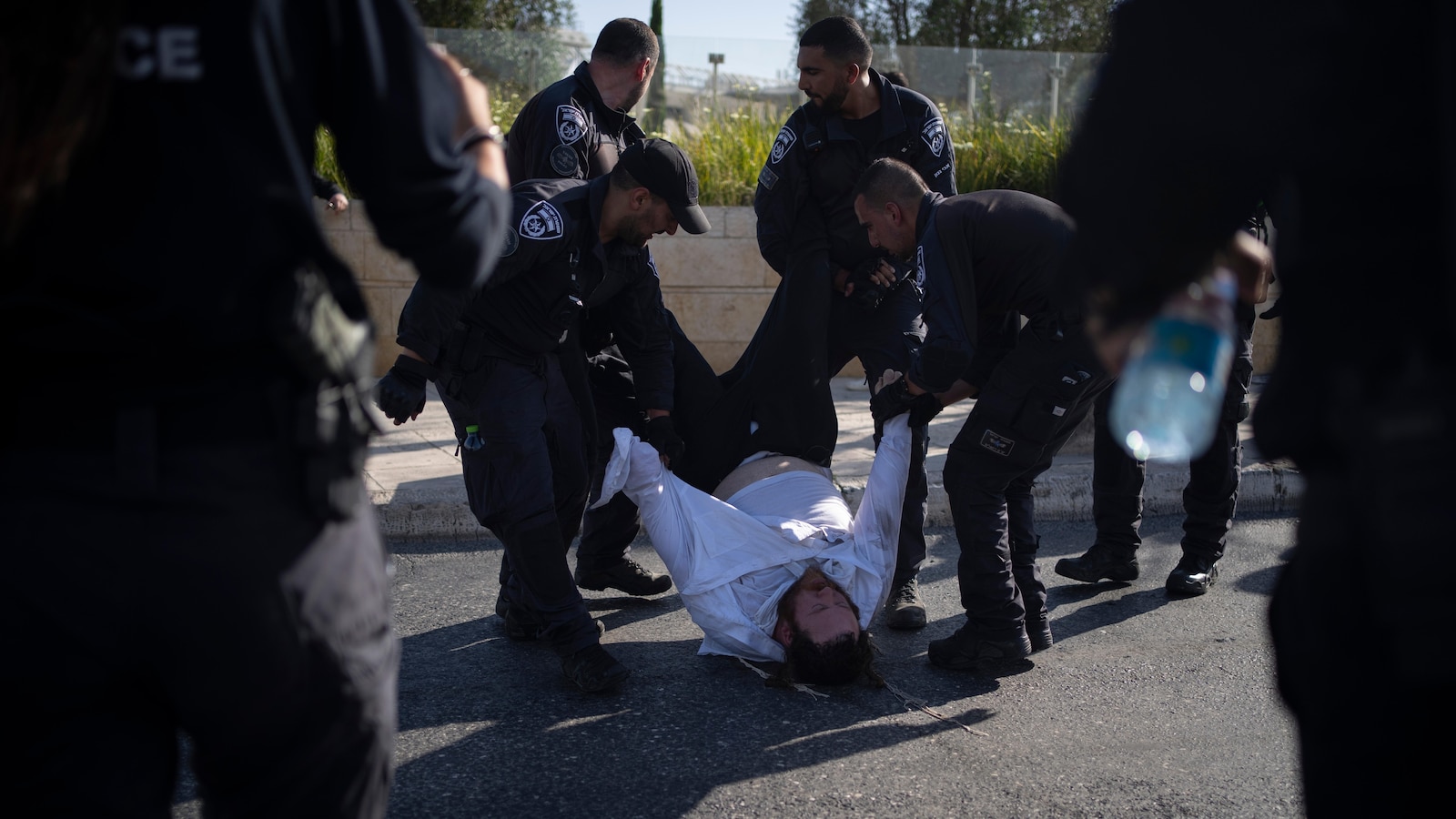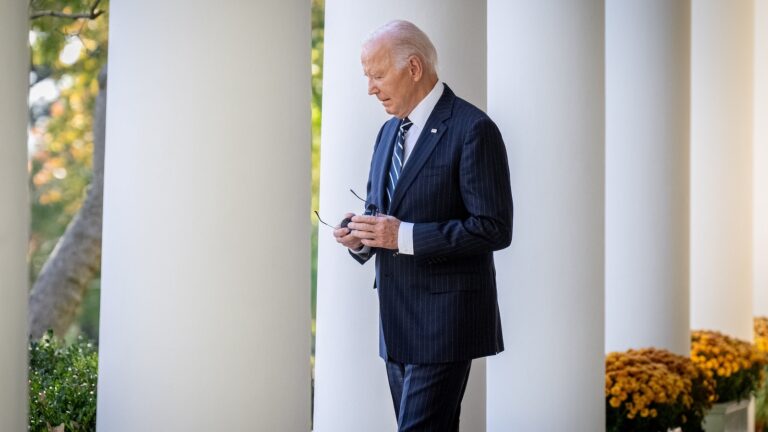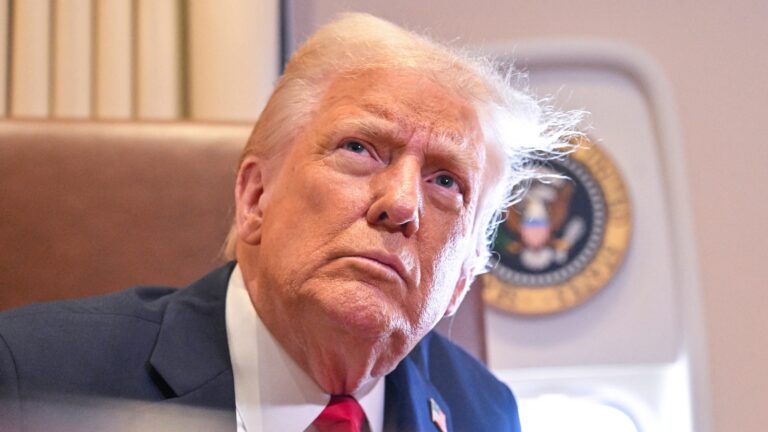Israeli supreme court says ultra-Orthodox must serve in military
The Israeli Supreme Court recently made a landmark ruling that ultra-Orthodox Jews must serve in the military, ending decades of exemptions that have allowed this community to avoid conscription. This decision has sparked debate and controversy across the country, with many applauding the move as a step towards equality and integration, while others argue that it infringes on religious freedoms.
The issue of ultra-Orthodox military service has long been a contentious one in Israel. The ultra-Orthodox community, also known as Haredim, have historically been exempt from military service in order to focus on religious studies. This exemption has been a point of contention for many secular Israelis, who argue that it is unfair for a large segment of the population to be exempt from serving in the military while others are required to do so.
In recent years, efforts have been made to increase ultra-Orthodox participation in the military. In 2014, a law was passed that set quotas for Haredi enlistment, but these quotas have often been ignored or circumvented. The recent Supreme Court ruling seeks to enforce these quotas and ensure that ultra-Orthodox individuals are held to the same standards as all other Israeli citizens.
The court’s decision has been met with both praise and criticism. Supporters of the ruling argue that it is a necessary step towards creating a more equal and inclusive society in Israel. They argue that all citizens should be required to contribute to the defense of the country, regardless of their religious beliefs. They also point out that military service can provide valuable skills and opportunities for the ultra-Orthodox community, many of whom face economic challenges due to their focus on religious studies.
However, opponents of the ruling argue that it infringes on the religious freedoms of the ultra-Orthodox community. They argue that military service goes against the religious beliefs and values of many Haredim, and that forcing them to serve in the military is a violation of their rights. They also point out that many ultra-Orthodox individuals already make important contributions to society through their community work and religious studies, and that military service may not be the best way for them to contribute.
Overall, the Supreme Court’s ruling marks a significant shift in Israeli society and has the potential to have far-reaching implications. It remains to be seen how the ultra-Orthodox community will respond to this decision and how it will impact the relationship between different religious and secular groups in Israel. One thing is clear, however – the debate over ultra-Orthodox military service is far from over.






